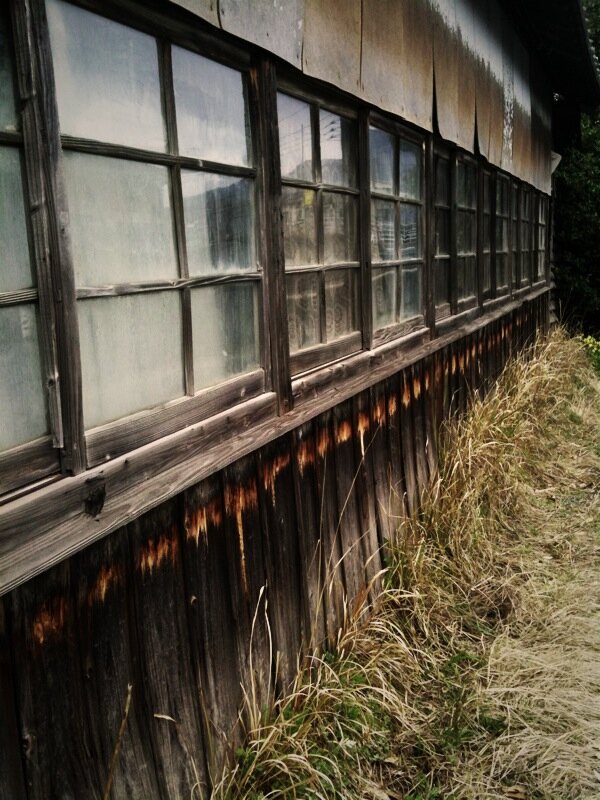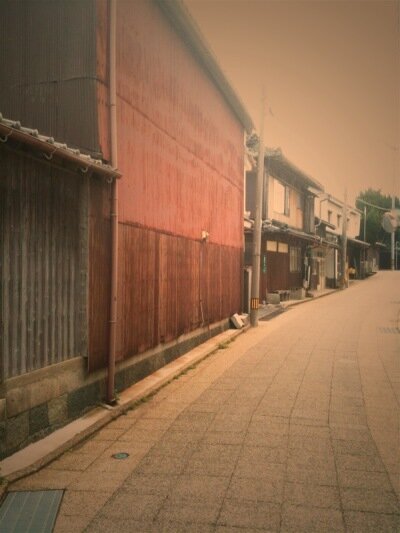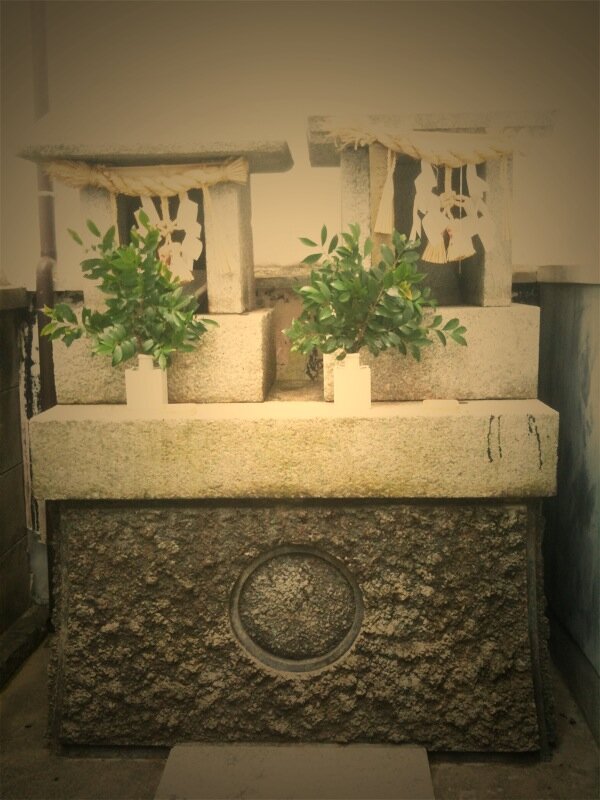Several years ago, I started translating professionally. While I had been rendering into English the odd document here and there over the past decade, I had never seriously considered pursuing a career in the field. Itchy feet, however, had me go against my better judgement.
The theory behind the career move (if you could call it one) was that if I could make a living by translating, why then, I wouldn't need to stay in Japan all year long. I could work wherever I had a power supply and a good Internet connection. I pictured myself in a French town, sipping a café au lait and nibbling on a croissant, as I hammered away one translated sentence after another and earned twenty to thirty yen per character. Six months into it, I did manage to realize a small slice of that dream--albeit at the modest rate of only ten yen per translated character--working at the dining table of an apartment in a seven-hundred-year-old building in Rome's Trasvetere district and four months later on the deck of a condo in Sunriver, Oregon.
The thing is, I had never cared much for the work when I did it casually, and now that I was doing it all the time, I was beginning to hate everything about it--the deadlines, the selfish demands of clients, the pittance earned vis-à-vis the effort invested. Jobs piled up, and I went for a stretch of three months not having a single day off. There aren't words in the English language to describe how exhausted I was. In Japanese, however, there were plenty: kuta kuta, heto heto, guttari, and so on.
The biggest disappointments, though, was the nature of the material I was translating. Most of it was tourism related. I'd say ninety percent or more had to do with enticing tourists to visit this place or that, a lot of which was pure fabrication.
One lie, in particular, appeared invariably in everything I was asked to translate: shizen-ni megumareta (blessed with beautiful nature). Every time I came across that line, I would look up from my keyboard and ask, "What nature? Where the hell is this nature they speak so glibly about?" Blessed with power lines and vending machines, perhaps, but nature? Who you trying to fool?"
Before long, my conscience got the better of me and I gave up pursuing translation as my ticket out of Japan. I still do the occasional job, but only on my terms and only if the material is interesting.
Every now and then, curiosity has me actually go to the trouble of visiting the sites I have written about in translations to see if there is any meat to be found in the spam-like gunk of my translations. A few weeks ago that curiosity brought me to a sleepy fishing village called Tsuyazaki.
The photo above how Tsuyazaki likes to promote itself. White-washed walls made of clay, gray undulating roof tiles, the green patina of copper finishings, an ancient sake brewery located at the end of a narrow cobbled road that is still producing quality rice wine a hundred years after its founding, and so on. The reality, unfortunately, is yet another dying town that is clutching at straws to reinvent itself before it gives up the ghost for good.
That said, I must admit that I was genuinely impressed by the Toyomura Sake Brewery, which is well worth the visit if you are in the area (and whose sake I am drinking as I write this), the rest of Tsuyazaki, I'm afraid, is rather dreary. (I extend mea máxima culpa if my translated copy motivated anyone to visit the town.)
Tsuyazaki, which merged in 2005 with Fukuma to form a city with an affliction of a name--Fukutsu -shi--likes to boast of its sengen, (literally, 1000 houses) that were built in the so-called "machiya" style. Unfortunately, most of these houses are either in a bad state of repair or, as is so frustratingly common throughout Japan, covered with ugly fiberglass siding. These are san'widged between uninspiring houses and shabby apartment buildings.
The town was apparently the number one producer of sails in Japan back in the day when fishing ships were powered by the wind rather than Yanmar outboard motors. It's hard to say what industry the people of Tsuyazaki engage in today. There is some farming and fishing, yes, but not on a scale large enough to provide steady employment for young people. Until a few years ago when the Nishitetsu train still ran between Kaizuka and the town, an army of beach goers would descend upon Tsuyazaki on the weekends. But sadly no more.
Rape blossoms.
A tailor shop. Kinda makes you wonder how business is doing.
The former residence of the Kozuma family, an ex-dyer, the Ai no Ie, was built in 1901. Today it houses the Tsuyazaki Ethnological Museum.
A small shrine located between the Ai no Ie and Toyomura Sake Brewery.
This home is suffering from an identity crisis.
Japanese radishes drying in the sun.
An old farmhouse.














